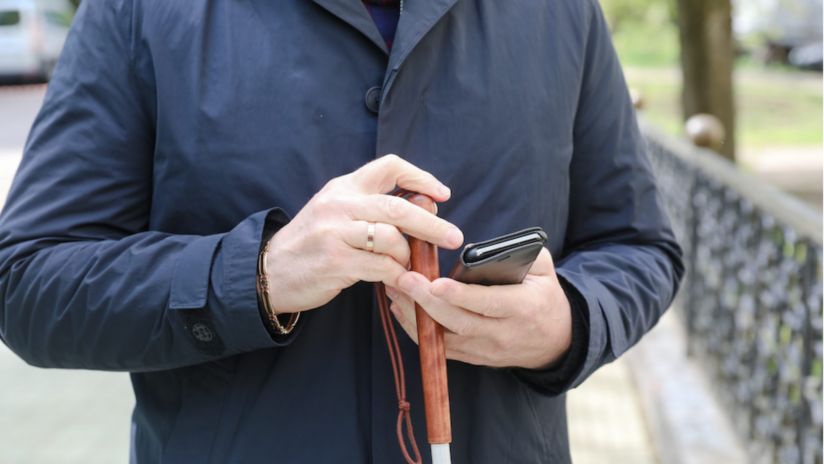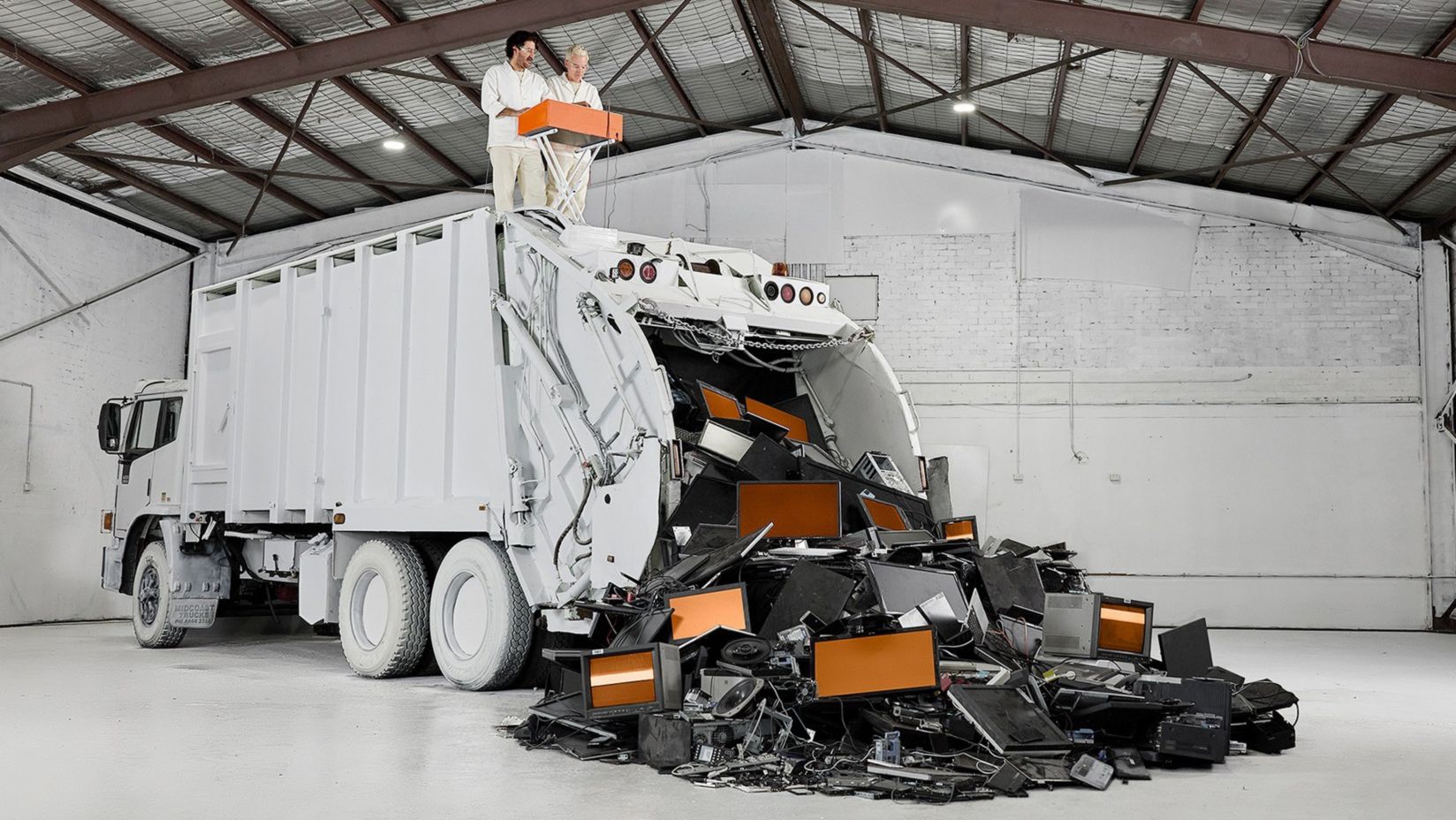Hands-on lab helps digital creators get advice from accessibility experts
It’s become a specialised subject at conferences and diversity events around the world, but for thousands of Australians who live with a disability, it’s simply common sense: you cannot design accessible products and services without the advice of those who will use them.

For the 130 members of TelstrAbility, Telstra’s employee representative group for people with a disability, the opening of a pop-up ‘Accessible Tech Experience Lab’ on May 19th – Global Accessibility Awareness Day – marked a vital acknowledgement of the importance of “asking the person” in any process that aims to promote truly inclusive design.
“We never assume how people take their coffee, but always ask them how they want it,” says Brady March, the ERG’s co-lead, who guided the group’s contribution to Telstra’s first accessibility lab. “Yet when it comes to the type of support that people with disabilities may need – which varies hugely between people and situations – we often assume that we know exactly how to support them.”
Set up in 2019, the TelstrAbility ERG has evolved from a support group for employees living with disability to a powerful company-wide advocate for informing and inspiring greater accessibility across the business. As well as supporting recruitment programs for employees and graduates with disabilities, the group has helped to promote accessibility awareness campaigns, advise staff on WCAG guidelines, establish user testing with people with disability, and – now – ensure UX designers and developers can put themselves in disabled users’ shoes.
“We do training on inclusive writing, documentation, recruitment and workplace adaptations, but we’re yet to help our people know what it’s like to be a person with a particular disability trying to use our services,” points out Telstra’s GM of Digital Systems and Accessibility, Ben Pintos-Oliver. “The experience lab is a way of providing this kind of facility in house, so you’ll always be able to ask an expert if you want to know how accessible your product or service really is.”
Ben is confident that providing a simulated experience could make a significant difference in how deeply a developer or designer thinks about accessibility. “If you tell someone about your disability, they might have a 40% chance of retaining that knowledge. If you show them, it might be 60%. But if you get them to actually do it, to touch it and live it, even if only for a short time, that experience will hopefully stay with them.”
Support from the top
Over the past two years, the membership of TelstrAbility has nearly tripled as more employees have experienced the benefits of openly discussing their disabilities with managers and colleagues. The cultural change has been supported from the top, with Group Executive Michael Ackland stepping up as sponsor of the ERG and several other executives loudly championing the need for greater accessibility across both the company’s workforce and operations.
One of these is Alex Badenoch, Group Executive for Communications and People, whose own hearing impairment has amplified her empathy for people who live and work with a disability. In November, Alex spoke to the Royal Commission into Violence, Abuse, Neglect and Exploitation of People with Disability, where she publicly committed Telstra to greater efforts in recruiting and supporting people with disability.
“It’s always been important for companies like ours to provide a safe place where people with a disability can raise issues and feel connected, and I’m sure this has become more important during COVID, when many of us have been feeling more isolated or disconnected,” says Alex. “It’s critical that at Telstra we have communities that people can feel connected to and reach out to for support.
Employee representative groups like TelstrAbility help to ensure that people who have lived experiences or are passionate can actively get involved and lead change at Telstra.
The Accessible Tech Experience Lab is one of the most positive changes at Telstra in recent years, designed as it is to put the owners and developers of accessible products and technology directly into the lives of those who’ll be using them.
Since the beginning of the year, six ERG members worked alongside Telstra’s technicians to develop a pop-up version of the lab, with 4-5 “experience spaces” offering online tasks that simulate the challenges facing people with specific disabilities, the roadblocks they encounter, and the assistive technology they might use. Designers and developers were able to experience these challenges and frustrations firsthand, before chatting with experts – the ERG specialists – about the best ways of overcoming them.
“The simulations are very specific, representing a particular challenge that someone with a specific disability – say glaucoma or macular degeneration – has navigating a web page or a mobile app,” explains Brady March. “It’s very much an introduction to these disabilities, but serves as a foundation on which a tech professional can ask questions about specific features, to help make them more accessible to that audience.
“This is not a sideshow or a one-off experience – it’s the beginning of a long journey that will help people with a genuine desire to develop a deeper understanding of the challenges that specific users have using their technologies.”


